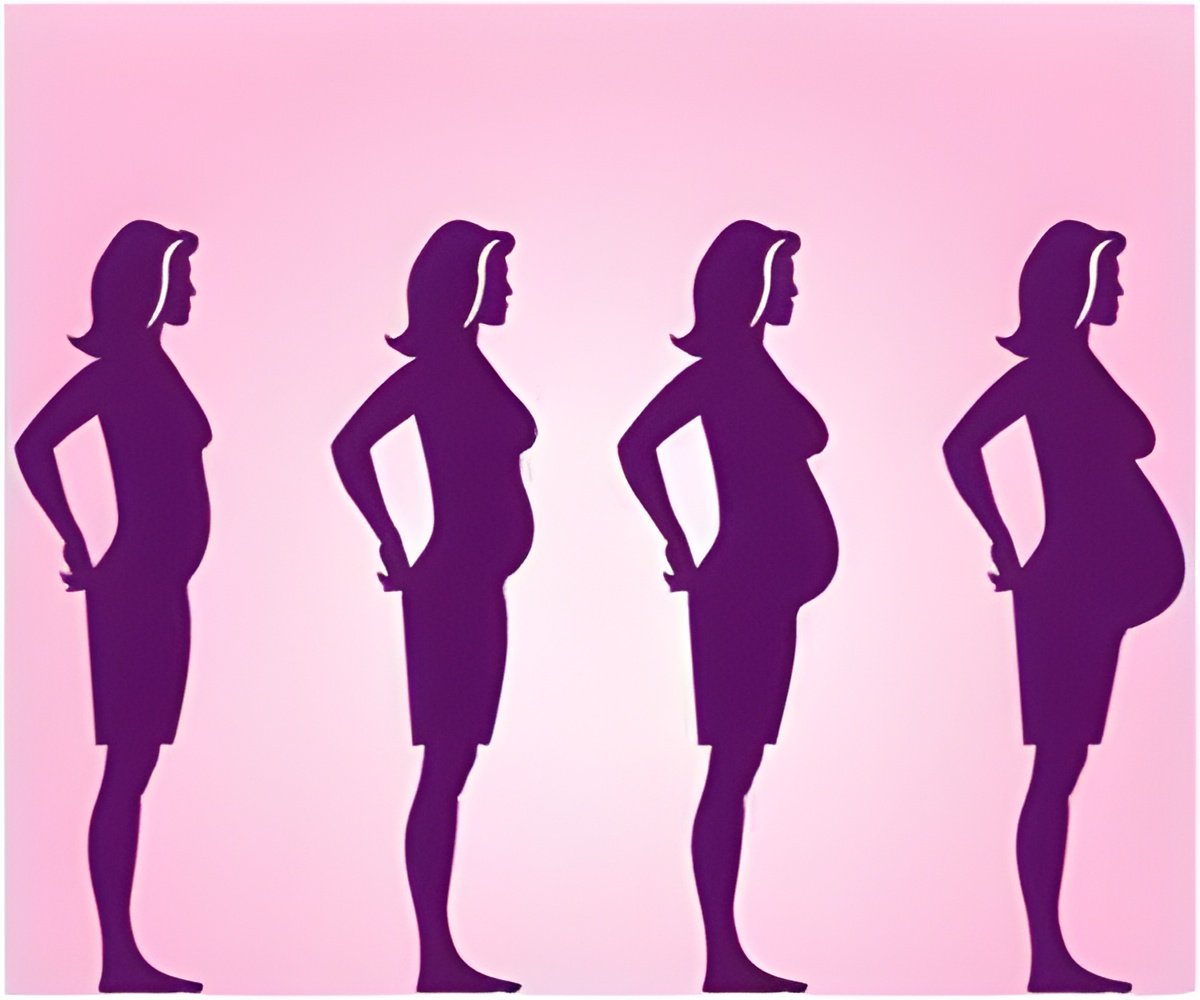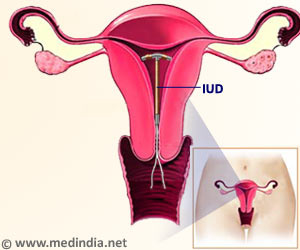The UN's labour agency has claimed that the United States is paying dearly for having a policy that does not to guarantee any paid maternity leave.

Under US national law, all new mothers can take up to 12 weeks off after giving birth, but without the guaranteed right to compensation.
"Definitely, the (US) society is losing out," said Laura Addati, a maternity protection and work-family specialist at the ILO.
Elsewhere in the world, the report showed countries were generally raising mandatory cash benefits and extending the amount of time both mothers and fathers can stay home after the birth of a child.
Eastern European and Central Asian countries were the most generous, with public funds providing women in Croatia for instance 100 percent of their salary during a year-long maternity leave.
The Scandinavian countries also performed well, with Norway allowing both parents a combined year and 10 months off -- with four months reserved exclusively for the father -- and receive 80 percent of their salaries while they're away.
Advertisement
"There is a growing recognition of the link with gender equality and also the importance of the role of fathers in child development," she told reporters, stressing the need "to change perceptions of parenting roles and of prevailing stereotypes."
These require at least 14 weeks paid maternity leave and a guarantee the woman will get her job back when she returns.
Nearly 80 percent of those women live in Africa and Asia, the UN agency said.
- Health versus income security -
Five US states including California and New York require some form of compensation during maternity leave and some businesses choose to continue paying at least a percentage of a new mother's salary during her absence.
But the ILO says only 12 percent of women working in the private sector in the country have access to paid leave, and the percentage drops to just five percent for low-wage workers.
This often puts women and their families in an impossible position, forcing them "to choose between their health and the health of their child and income security of their families," Addati told reporters.
A full quarter of women with no access to compensation during their absence decide to forfeit most of the maternity leave they are entitled to and come back to work within 10 days of giving birth, she said.
This not only makes breastfeeding and bonding with a new baby difficult, but also poses a serious health risk to the woman, she said, pointing out that it is medically advised to stay home for at least six weeks after delivery.
Pregnancy and maternity discrimination claims in the United States meanwhile swelled 31 percent between 2005 and 2010, growing faster than all job bias claims in that period, the ILO found.
US courts have awarded some $150 million in damages for such claims since 2001, reflecting "the persistence of job dismissal and employment discrimination on the basis of maternity," it said.
The United States is not alone on that front.
Despite laws on the books in most countries prohibiting workplace discrimination of pregnant women and new mothers, "maternity discrimination persists around the world, everywhere," Addati said.
Source-AFP









